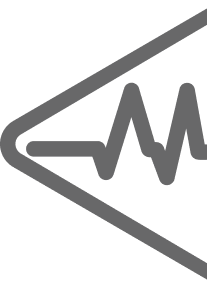Hirsutism
Hirsutism
Hirsutism is a medical condition characterized by the excessive growth of dark, coarse hair in areas where women typically don't have hair, such as the face, chest, buttocks and back. This condition is often associated with an underlying medical issue and can affect a woman's self-esteem and quality of life.
Hirsutism is a relatively common condition. Some key points about its prevalence include:
- It affects approximately 5-10% of women of reproductive age.
- Hirsutism can occur at any stage of life but is most common during the reproductive years.
- It is often related to hormonal imbalances, such as polycystic ovary syndrome (PCOS) in 70-80% of women
- It can also happen as a side effect of some medications such as cyclosporine.
Common symptoms of hirsutism include:
- Excess hair growth in areas like the face, chest, back, buttocks or lower abdomen.
- Coarse, dark hair in these areas.
- Affected areas may become irritated or inflamed due to hair removal methods.
Diagnosis
If you suspect you have hirsutism, it's important to consult a healthcare professional.
- Your doctor will ask about your symptoms, menstrual history, drug history, and family history to understand potential underlying causes.
- Your healthcare provider will examine the areas of excess hair growth and may check for signs of other related conditions.
-Blood tests can help identify hormonal imbalances, such as elevated androgens (male hormones- specifically testosterone) or insulin resistance.
- In some cases, an ultrasound or other imaging tests may be done to evaluate your ovaries or adrenal glands.
- It is important to make sure there is not an underlying tumor that is secreting hormones leading to hirsutism.
Management
The management of hirsutism often involves addressing the underlying cause and managing the excessive hair growth. Treatment options may include:
- If an underlying medical condition is found, such as PCOS or an adrenal disorder, treatment will focus on managing that condition.
- Various hair removal options are available, including shaving, waxing, threading, and laser hair removal. Choose the method that suits your needs and preferences.
-Your doctor may prescribe medications to control excessive hair growth. These may include oral contraceptives or anti-androgen medications.
-Maintaining a healthy lifestyle through regular exercise and a balanced diet can help manage hormonal imbalances associated with hirsutism.
Prevention
Hirsutism is often linked to underlying medical conditions, and prevention may not always be possible. However, you can take steps to manage your health:
- Maintain a healthy lifestyle with a balanced diet and regular exercise.
- If you suspect you have hirsutism, seek medical advice promptly for early diagnosis and effective management.
Remember, hirsutism is a treatable condition, and with the right care, you can manage it and improve your quality of life.
Consult your healthcare provider for personalized advice and a tailored treatment plan.














